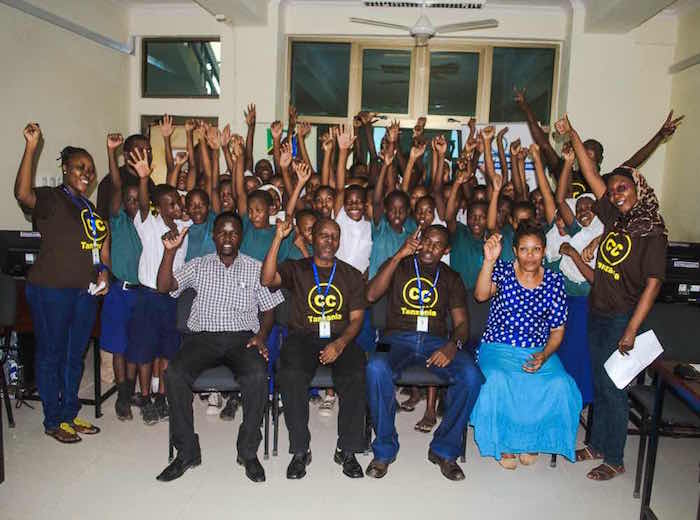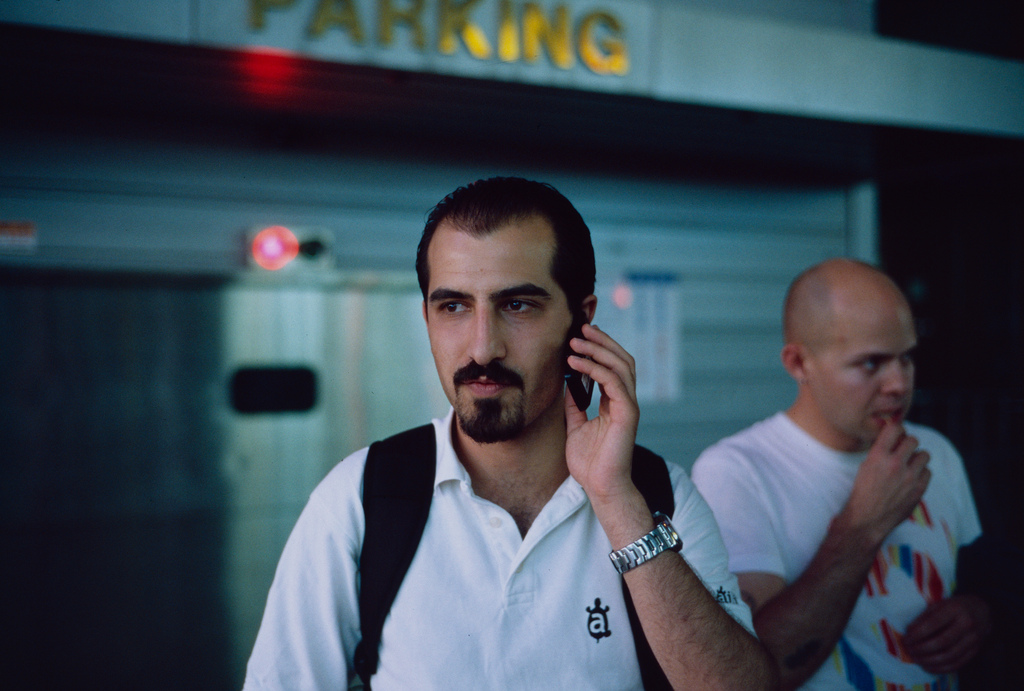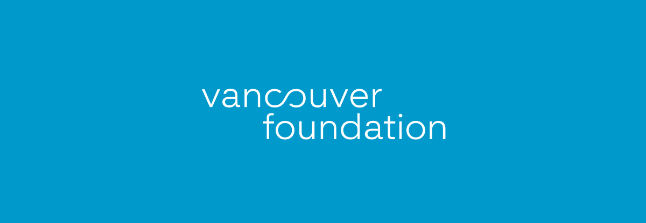Dar es Salaam, Tanzania
Aristarik is an Assistant Lecturer at the Open University of Tanzania and Creative Commons Tanzania volunteer.

SOO Tanzania Training by CC Tanzania under CC BY
Creative Commons Tanzania through School of Open programme trained 50 pupils from Kumbukumbu primary school on the benefits of the Internet, computer programmes information/knowledge sharing, and Open Education Resources (OER). This is one of the planned activities for School of Open (SOO) Tanzania where this training was preceded by a donation of computers, chairs and tables to the computer lab as part of CC Tanzania’s initiative to enable public schools’ use of ICTs in teaching and learning.
This event was officiated by Prof. Tolly Mbwette, the former Vice Chancellor of the Open University of Tanzania (OUT), who agreed to be the patron of CC Tanzania. The university supported the training by providing two training labs that were used by the pupils. Open and Distance Learning (ODL) computer labs were used in the training.
Steven Lukindo, Acting Director of the Institute of Educational Technology & Management (IETM) kicked off the 3-day program on 17, April 2014. 50 pupils were introduced to the open web to aid teaching and learning and the use of Google, Microsoft Word and Excel. The concept of the commons, copyright, and how CC licenses have enabled the global OER movement was also introduced.
A one-month teacher training for 40 primary school teachers was also launched, commencing on 20, April 2015. The training equips teachers from the same school with ICT skills in teaching and learning. Internet, OER and the concept of the commons were introduced to comply with school’s ICT syllabus. This training was SOO Tanzania’s follow-up activity after the donation of computers by CC Tanzania to the same school.
SOO Tanzania has planned for additional training to the school’s pupils on the benefits of sharing OER and the use of different teaching and learning tools customized to local content.
Challenges and lessons learned
A number of challenges were encountered by SOO Tanzania, including: lack of funding to carry out some of its key planned activities, time to merge busy schedules of facilitators work and volunteering activities, publicity, inadequate ICT facilities in most public schools, and low understanding of ICT in teaching and learning in most schools and perception change in sharing of innovations and creativity within the community. More publicity and training is required to take School of Open to the next level in the country.
CC Tanzania through its School of Open planned activities is planning to approach more donors and volunteers to support its 2015 road map, in addition to publicizing its activities to teaching and learning institutions to attract awareness of how CC affiliates work for a better and brighter future of sharing.



